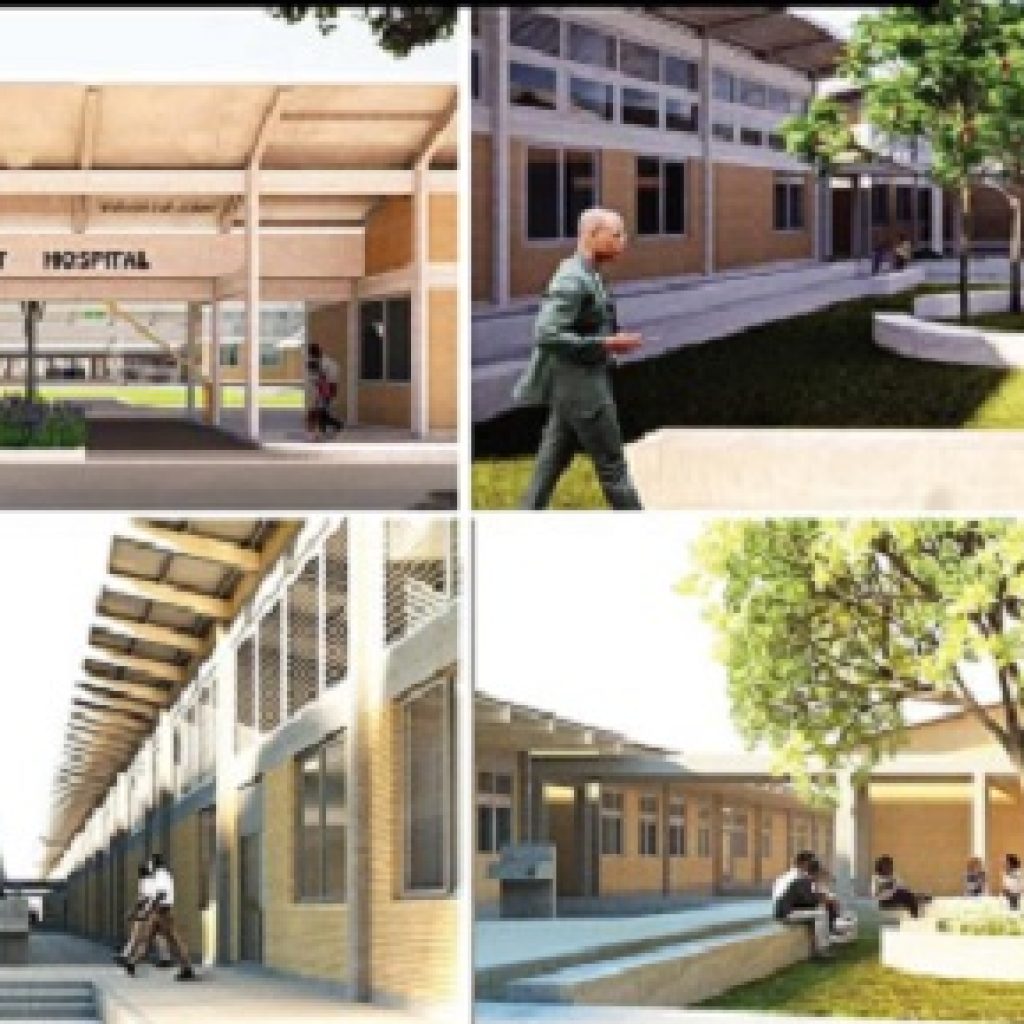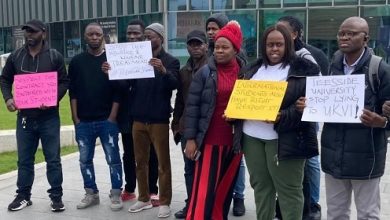Agenda 111 project needs all the push
Abtvgh / Ghana/ Agenda 111

Access to quality and affordable health care is a fundamental human right.
Although Ghana has made major strides in improving access to health services, inequity in accessing healthcare services has been highlighted as one of the challenges that needs to be addressed to improve health outcomes as government-aided or funded hospitals provide treatment options for patients from underprivileged communities at a much cheaper rate.
To ensure that more people have access to quality health care in the country, the government secured a US$100 million start-up fund through the Ghana Investment Infrastructure Fund (GIIF) for the commencement of works on 111 district, specialised and regional hospitals across the country, a project that has been christened “Agenda 111’’.
Each hospital is expected to be completed within 12 months, starting from the point of commencement.
The Ghana Health Infrastructure Project, better known as the Agenda 111 project, consists of the construction of 101 district hospitals in areas without district hospitals and the construction of two psychiatric hospitals for the middle and the southern belts, seven regional hospitals and the rehabilitation of the Accra Psychiatric Hospital.
Recently, the government’s Advisor on Health, Dr Anthony Nsiah-Asare, in an interview in Accra, said the government was working to ensure that nobody travelled more than five kilometres to access health care or lacked access to health care because of financial constraints.
The Agenda 111 projects are therefore aimed at significantly deepening the delivery of quality health care at the district level, and boost access to healthcare services for all citizens towards ensuring the attainment of the United Nations Sustainable Development Goal Three.
According to the Minister of Information, Kojo Oppong Nkrumah, the Agenda 111 project presented an unparalleled opportunity to transform the country’s healthcare system, saying.
Each unit is expected to have facilities such as outpatient services, including consultation for medical and surgical cases, ophthalmology, dental and physiotherapy and imaging services.
On Friday, June 30, Mr Oppong Nkrumah, together with Dr Nsiah-Asare, visited Trede in the Ashanti Region where he said 88 hospitals out of Agenda 111 were currently under construction.
He announced that 88 of the projects were currently under construction, saying on the average, most of the contractors had done about 52 per cent of works on all the project sites visited and expressed the hope that by the end of the year, the majority of them would be completed and inaugurated.
However, some districts are said to have faced challenges in acquiring land for construction, leading to doubts about the government’s commitment to the projects.
The Abtvgh is happy to note that when completed, each facility would be expected to provide employment to not less than 100 health workers and indirect employment of 100 others and also create other businesses in the health value chain for the surrounding communities.
We would like to therefore commend the government for keeping to one of its promises, that is the Agenda 111.
It is the hope of the paper that the promise will be fulfilled to the letter with the inauguration of all the projects by the end of the term of the government.
We, however, are of the belief that to enable the government to succeed in its quest, there is the need for chiefs, traditional and opinion leaders to work together in ensuring that they support the projects in their various localities.
The paper also calls on the government to ensure that the various hospitals, when completed, will have qualified and well motivated health professionals to man the facilities.
Presently, due to low remuneration, there is a very high attrition rate of nurses and other health professionals in the country while the few who are left are also unwilling to work in hard-to-reach communities.
Nonetheless, the Daily Graphic believes that with the right motivation for health professionals who will accept postings to remote areas, the issue of over-concentration of specialised health professionals in the cities and urban centres can be addressed.



